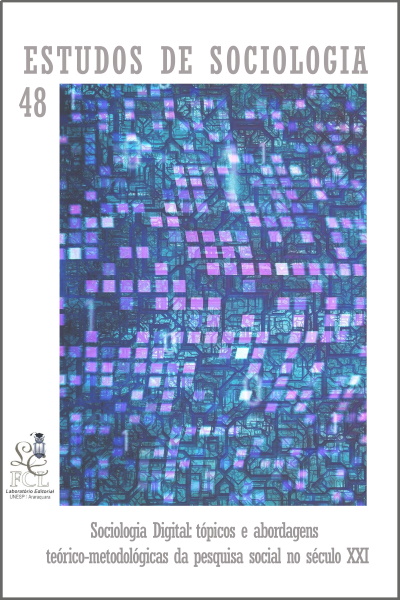Democracy and feminism in Brazil
DOI:
https://doi.org/10.52780/res.13979Keywords:
Democracy, Feminism, Military Dictatorship, Brazil,Abstract
This text relates to the history of feminism concerning the period of military dictatorship in Brazil (1964-1985): the so called “years of lead”, the democratic transition, the return to democracy. It presents the trajectory of the feminist movement which, during that time, consolidates itself in the organizational, federal and political context. A movement which, with their own requirements, played a fundamental role in the process of democratization. It refers to the exchange of feminist experiences, including those with exiled Brazilians, which resulted in contacts with other emerging social movements: women from the poor neighborhoods, black and homosexual female. This orientation of the feminist movement defined its actions in two major areas, regarding the formulation of social policies and the expansion of the debate about democratization: reproductive health and violence against women. This led the movement towards the lower classes, those deprived of their rights to health programs and their rights to assistance against the harm caused by violence. This text lists the gains, not negligible, for both Brazilian women and the Brazilian democracy as the results of the resistance to the authoritarianism in the years of military dictatorship, of the international dialogues and dialogues with other social movements as well.
Downloads
Downloads
Published
How to Cite
Issue
Section
License

À revista Estudos de Sociologia ficam reservados os direitos autorais pertinentes a todos os artigos nela publicados.
Os artigos publicados e as referências citadas na revista Estudos de Sociologia são de inteira responsabilidade de seus autores.
A Estudos de Socilogia utiliza a licença https://creativecommons.org/licenses/by/4.0/ (CC BY), que permite o compartilhamento do artigo com o reconhecimento da autoria.



